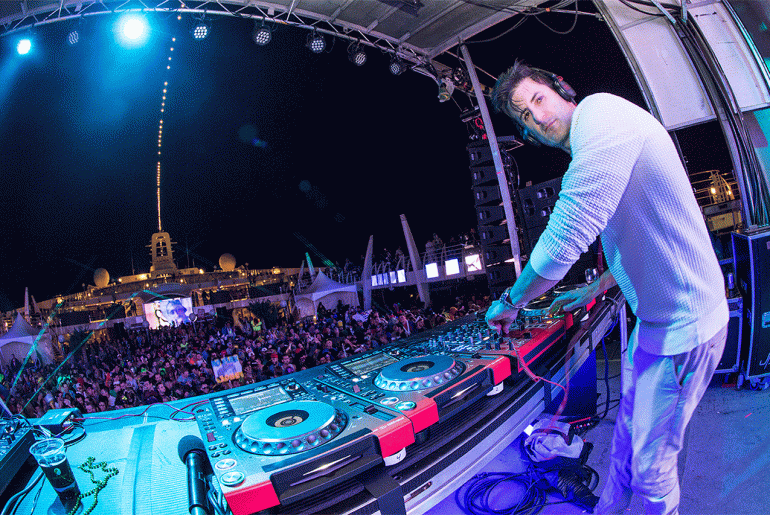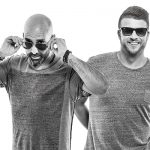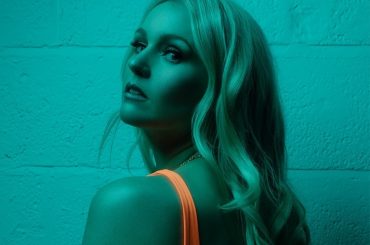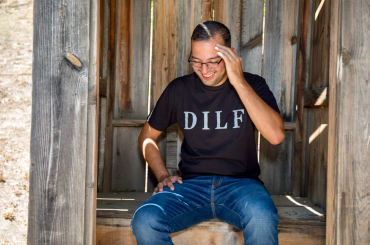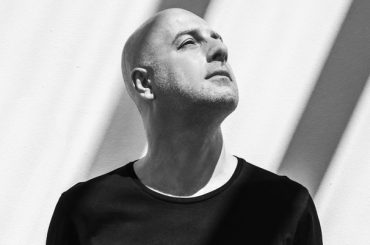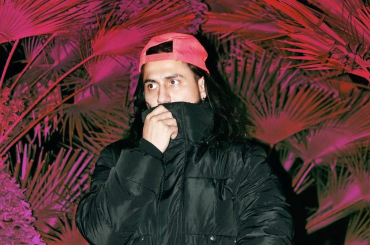 DJ Times: Your beginnings lie in the warehouse rave scene of the early 1990s. What kinds of attributes were particularly appealing to you in those events?
DJ Times: Your beginnings lie in the warehouse rave scene of the early 1990s. What kinds of attributes were particularly appealing to you in those events?
Gary Richards: There were so many things about it that were appealing, but the number-one most important thing to me was the music. I never really heard it. I’d heard elements of electronic music in different music I was listening to, whether it was hip hop or even Kraftwerk. I loved Electric Café and Computer World so much, but I didn’t really know why. Then I went to the underground warehouse scene and I heard all of these records that were like that, but even pumped up more. You couldn’t even really hear electronic music, so I never really heard it or knew about it other than going to those events. Then I started digging and going to record stores, and the people were just crazy—just off-the-wall weird. This was something I’d never seen in life. I was born on New Year’s Eve, so I always felt I was born to throw a party and have a good time, but this was like the next level.
DJ Times: What was the coming-to-the-light moment when you were thought, “I want to throw my own?”
Richards: There were two. I’m a bit of an entrepreneur. One time where I was with my buddies and these people were trying to get drinks, but no one knew how to get beer out of a keg. There was a long line of people waiting to get a beer with nobody pumping it out, so I jumped behind the bar and I tapped one of the kegs and just started pouring. All of a sudden, people starting tipping me and giving me a dollar for a beer. I grabbed my two buddies and said, “Get back here,” and we all started pouring. We left that night and got home with all of these beer-soaked $1 bills. I thought maybe there was a way to go to these events and make money at the same time.
DJ Times: And the other?
Richards: People would come to our apartment afterwards. [The party] would end at like 4 a.m. or something and then everyone would come back to our apartment. Our apartment started getting destroyed, so me and my two roommates kind of came up with this idea to start our own club, like an afterhours thing. In Los Angeles, you can serve booze at 6 a.m., so we did and started a club called The Sermon. Me and my two buddies, Greg and John, would dress up like priests and we would go to the big underground warehouse party and tell people to come to The Sermon on Sunday morning. We started that way, and in the beginning nobody showed up, but after the third or fourth week it started getting pretty packed and I started making good money. I was delivering pizza at the time, so I said, “Fuck it, I’m just going to do this.”
DJ Times: What about Rave America at Knott’s Berry Farm? It’s such an iconic event in the pantheons of American electronic music events. Looking back, what kind of significance do you place on that event specifically?
Richards: Well, number one… the sheer numbers of it. We had sold out in advance with 17,000 or 18,000. I remember telling Knott’s Berry Farm that we never even sold advance tickets before, so if we had sold 18,000 tickets already, they’re would probably be another 18,000 people walking up and they better be prepared. They were laughing at me like, “Oh, we know how to run our park and we know what we’re doing,” so I think just the sheer numbers of it really caught the attention.
DJ Times: What about after the event?
Richards: The Los Angeles Times ran this big piece about how 18,000 raving fans can’t be wrong. Rob Light from [Creative Artists Agency] came and had a meeting with me, and he couldn’t figure out how I got that many people there with no headliners, and no acts. It was like a changing of the guard where it was more about the brand and the event than what acts were actually playing. For me, the reason why I did it—how I thought about it in my head—was I felt like the scene wasn’t underground anymore. It was getting played out, so what I thought was, “You know, I don’t really want to be a part of this anymore because it’s not really what it stood for.” I thought I’d just do one big sellout, and then I went to work in the record business and got out of being a concert promoter for a while.
Continue reading


